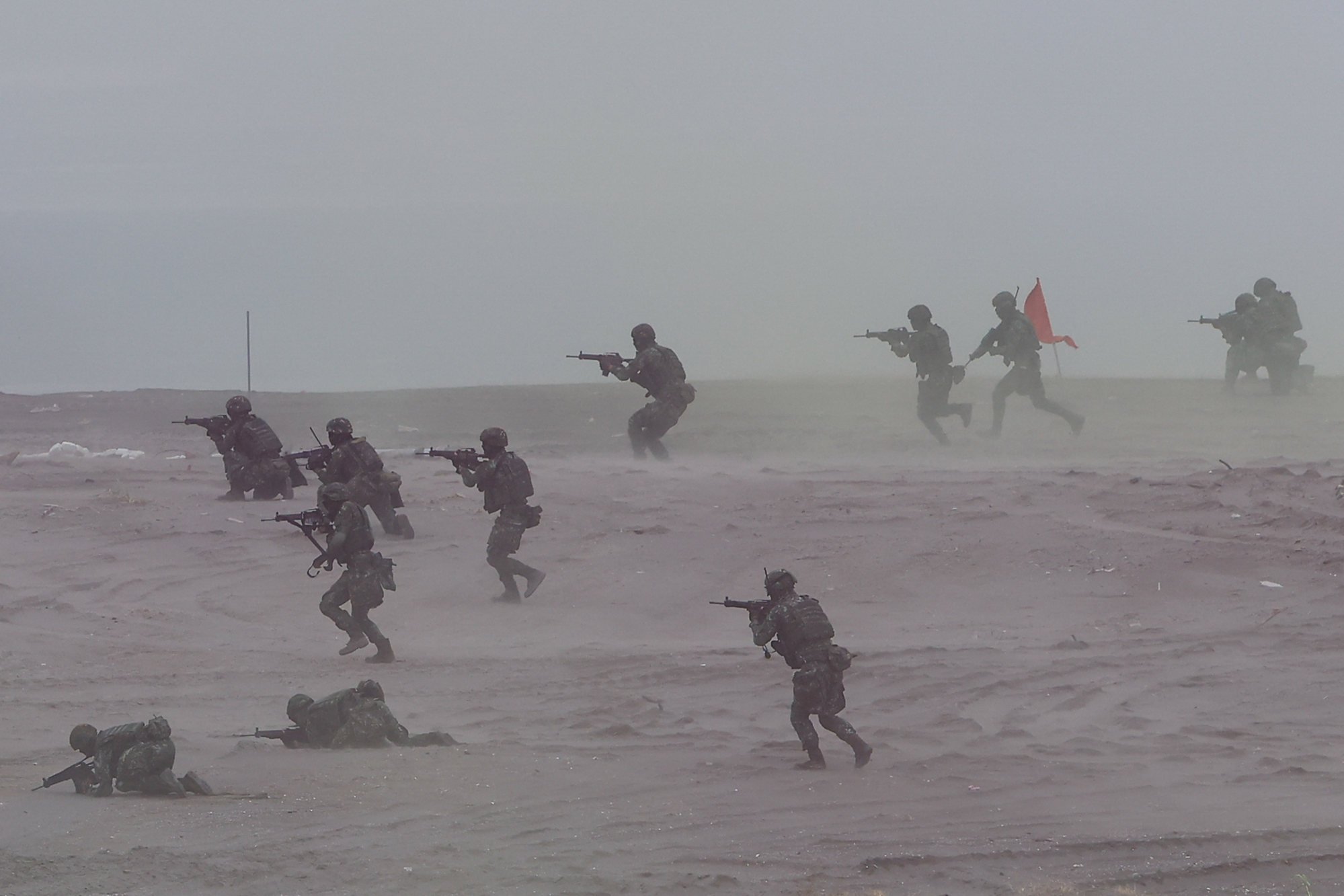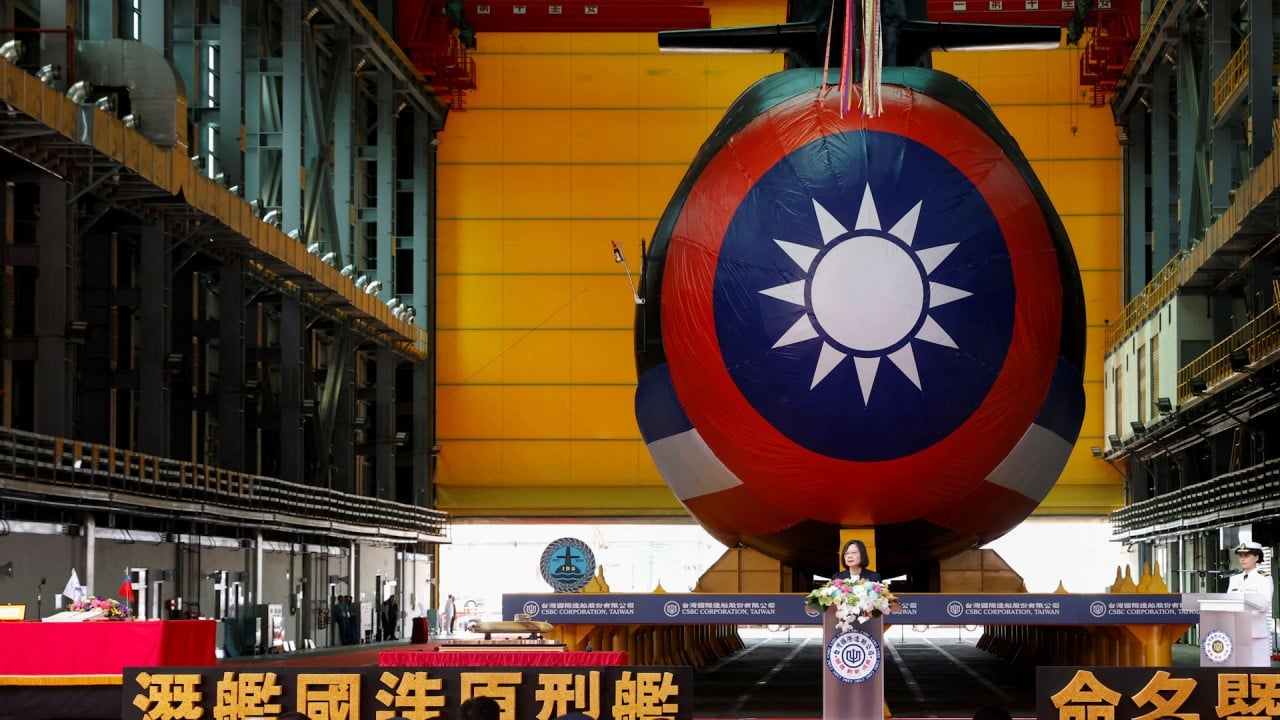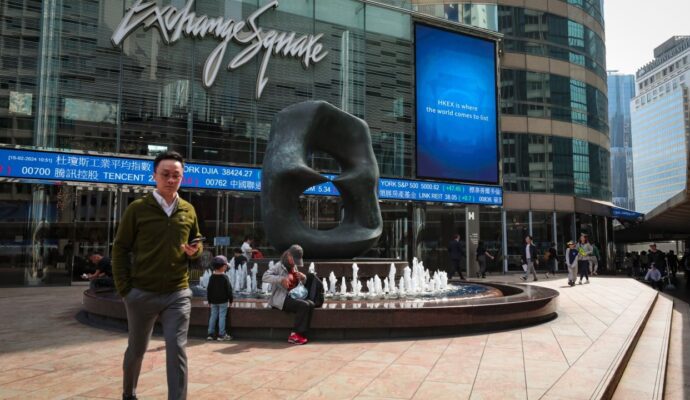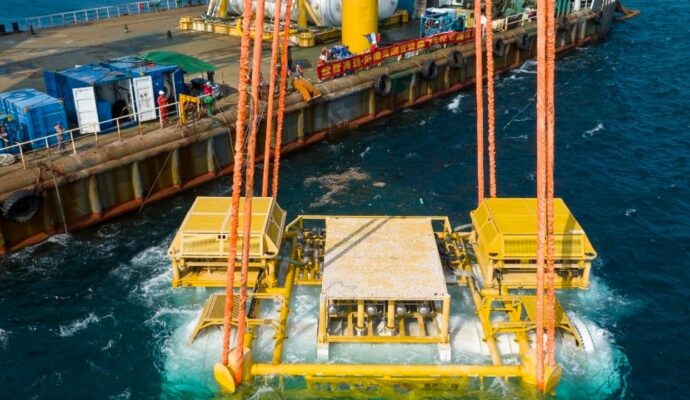“In building up our forces and preparing for war, [we] must take into account the intelligence we have about the enemy,” Chiu told reporters before a meeting of the legislature.
“We should not rest our hopes on the mistakes of others and regardless of whether they are good or bad … or have certain shortcomings, we should examine ourselves first,” he said.
In an annual assessment sent to Congress by the Pentagon on Thursday, the US Department of Defence said the PLA had publicly identified some weaknesses, likely as a way to guide and accelerate its modernisation efforts.
They range from a lack of combat experience, since the PLA has not fought a war since 1979, to training that is too formal and bureaucratic. Other problem areas highlighted include an inability to understand the intention of higher authorities, deal with unexpected situations, and fight and command in a modern conflict.

Addressing the legislature on Monday, Chiu said Taiwan’s military would “objectively assess [the PLA’s] strengths and weaknesses, take them into account, and strengthen ourselves”.
Regarding the PLA’s nuclear and submarine build-up, Chiu said no military in the world would rely on the opinions of others to prepare for combat. “This is not the way to do things,” he said, adding that it would go against procedure as the island built up its armed forces.
The report also estimated that the PLA would have 65 submarines by 2025, and the number could reach 80 by 2035.
Like other countries, the US – an informal ally of the island – does not recognise Taiwan as an independent state but is opposed to any unilateral change of the cross-strait status quo by force. It has committed to help defend Taipei by supplying arms and promising military aid.
In remarks to South Korean media published on Monday, Taiwanese Foreign Minister Joseph Wu said Beijing’s military expansion posed a serious long-term threat to the island and the region.
“We look for the support of our democratic partners in the collective fight against the authoritarian threat in order to maintain peace and security in the Indo-Pacific region,” he said in the interview with The Korea Times and Hankook Ilbo.



